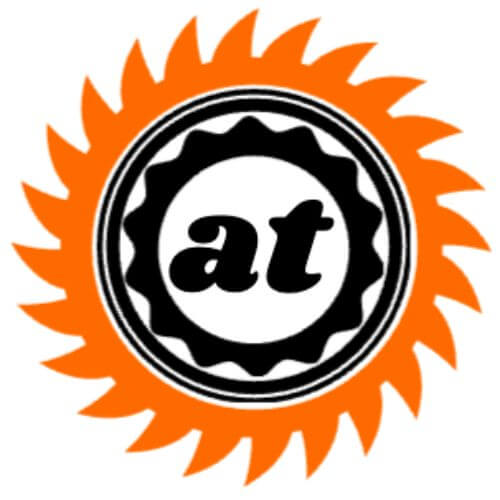Quantum computing is computing that uses quantum phenomena, such as entanglement and superposition, to perform operations on data.
Quantum computers are based on quantum bits, or qubits, which can represent and store information using quantum states.
One of the main benefits of quantum computers is that they can perform certain types of calculations much faster than classical computers.
This is due to the fact that quantum computers can exploit the principles of quantum mechanics to perform multiple calculations at the same time, a process known as parallelism.
There are a number of different approaches to building quantum computers, including superconducting qubits, trapped ion qubits, and topological qubits, among other
While quantum computers are still in the early stages of development, they have the potential to revolutionize a wide range of fields, including cryptography, materials science, and drug discovery.
Several software platforms and libraries are available for programming and working with quantum computers and here I have listed the 15 best quantum computing software.
1. ProjectQ
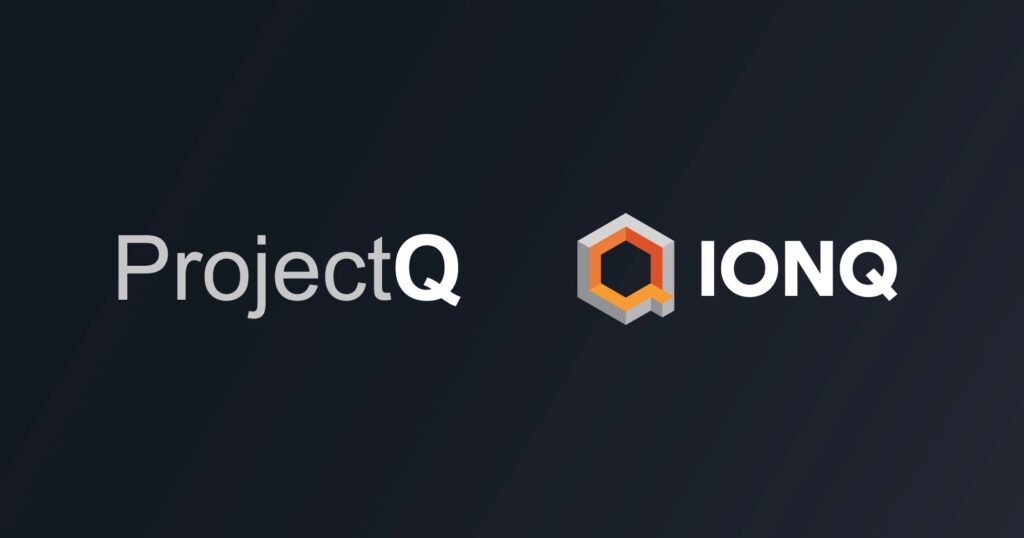
ProjectQ is an open-source quantum computing framework for working with quantum computers at the level of quantum circuits.
It is written in Python and has various tools for creating, manipulating, and optimizing quantum circuits, as well as tools for running simulations of quantum circuits on classical computers.
One of the main features of ProjectQ is its modular architecture, which allows users to easily extend and customize the framework to suit their needs.
ProjectQ Features:
- Open source
- Free to use
- Written in Python
- Different tools to use
- Modular architecture
- Customize framework
- Easy to use
2. Cirq
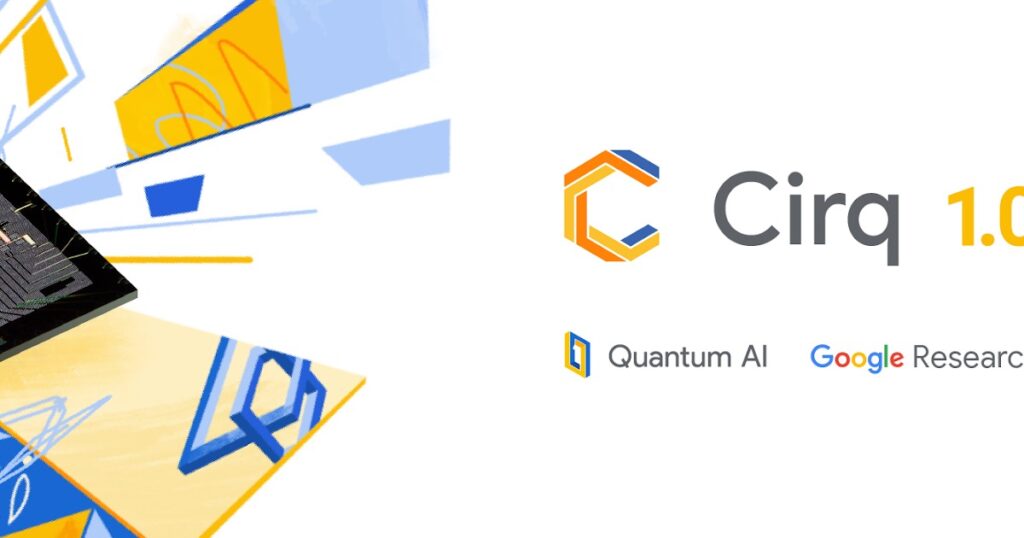
Cirq is also an open-source quantum computing framework that is used for quantum computing and it is very popular.
It is written in Python and is designed to be easy to use and integrate with other classical computing tools.
It is well-suited for various quantum computing tasks, including programming quantum computers, running simulations of quantum circuits, and analyzing and understanding quantum algorithms.
Cirq Features:
- Open source
- Quantum computing framework
- Easy to use
- Integrate with computing tools
- Flexible to use
- Modular to use
- Customize the framework
3. Q-CTRL Python Open Controls
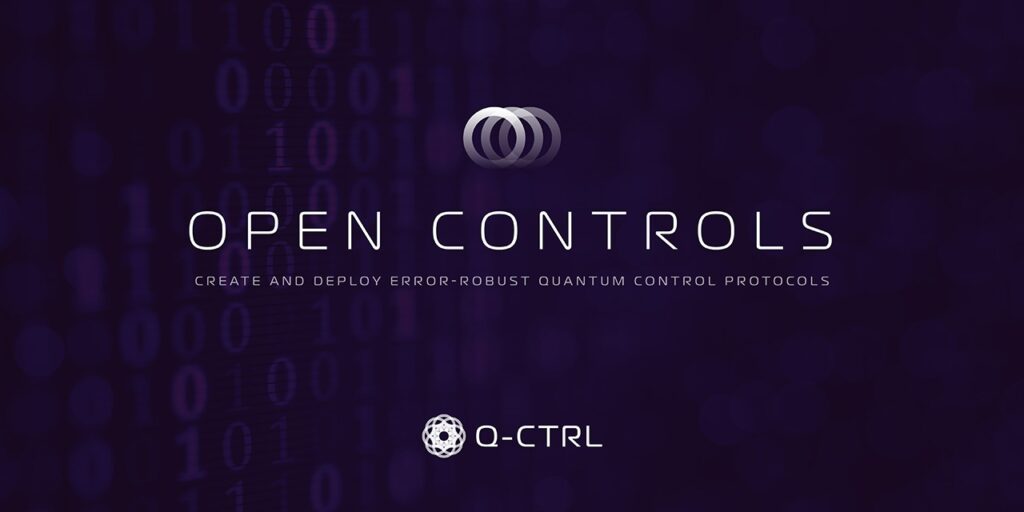
Q-CTRL Python Open Controls is a software library for implementing and optimizing quantum control algorithms in Python.
It is designed to work with a variety of quantum hardware platforms, including superconducting qubits, trapped ion qubits, and spin qubits.
Quantum Computing Software focuses on optimization and allows users to fine-tune the control of their quantum systems for better performance and reliability.
Q-CTRL Python Open Controls Features:
- Big library of software
- Easy to install
- Written in Python
- Optimize quantum controls
- Works with hardware
- Superconducting
- Spin qubits
4. Intel Quantum Simulator
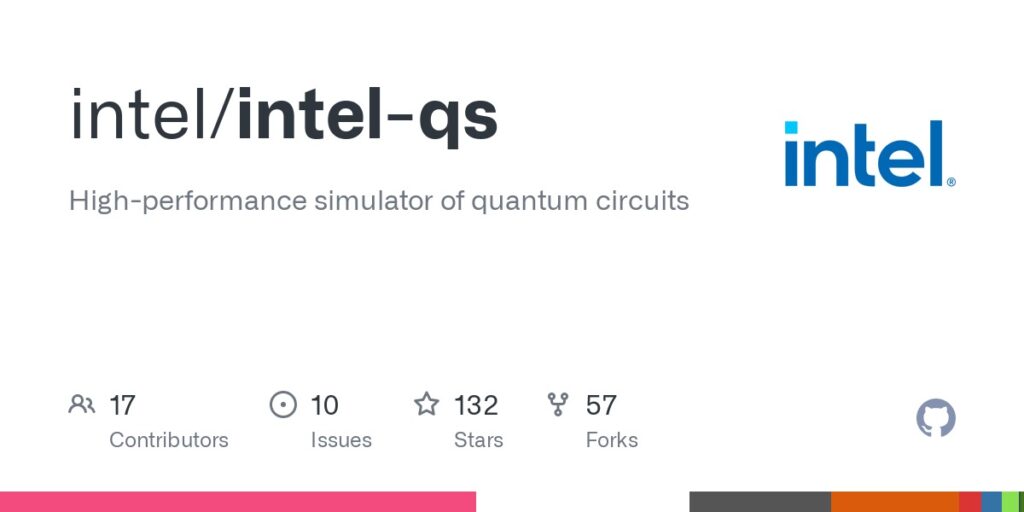
The Intel Quantum Simulator is a quantum computing software platform developed by Intel that allows users to design, test, and run quantum algorithms and circuits.
It is built on the open-source quantum computing framework Qiskit and is intended to provide a flexible and user-friendly interface for quantum computing research and development.
The Intel Quantum Simulator is a cloud service and can be accessed through a web-based interface or APIs.
Intel Quantum Simulator Features:
- Developed by Intel
- Easy to use
- Run algorithms
- Design for quantum computing
- User-friendly interface
- Cloud services
- Web-based interface
5. Berkeley Quantum Synthesis Toolkit
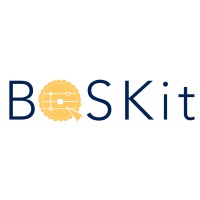
The Berkeley Quantum Synthesis Toolkit (BQST) is a software package for synthesizing quantum circuits from high-level specifications.
It was developed by researchers at the University of California, Berkeley, and is designed to be used in the design and optimization of quantum algorithms and circuits.
BQST is built on top of the open-source quantum computing framework Qiskit and is intended to provide a flexible and user-friendly interface for synthesizing quantum circuits from various input formats.
Berkeley Quantum Synthesis Toolkit Features:
- Synthesizing quantum circuits
- High-level specifications
- Developed by researches
- Optimize quantum algorithms
- Open sources
- Flexible to use
- User friendly
6. QCircuits
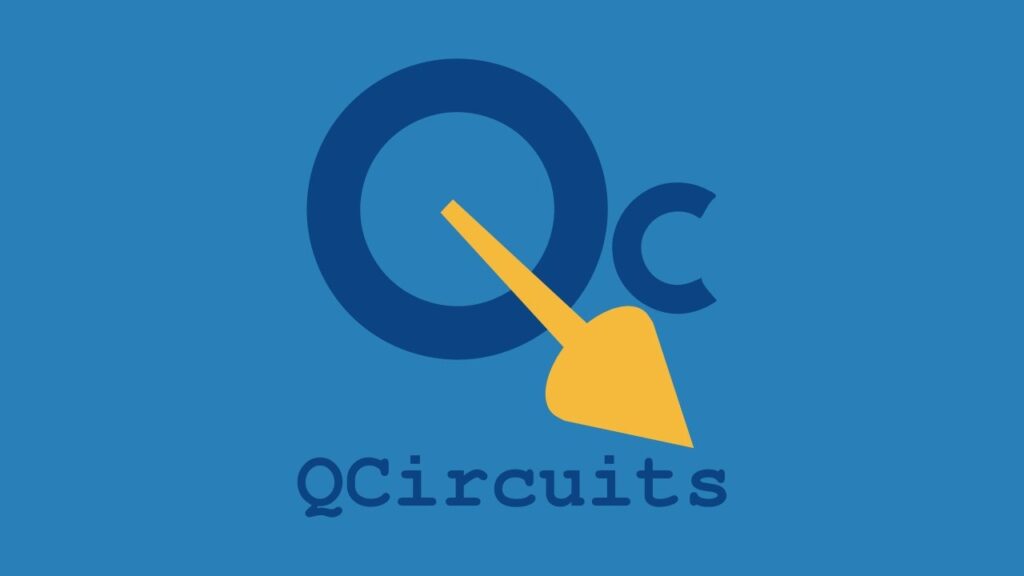
If you are looking for quantum computing software that can help you to study quantum computers then, QCircuits is for you.
It is a research tool developed by researchers at the Massachusetts Institute of Technology (MIT) and based on simulating quantum circuits.
The quantum computing tools support a variety of quantum computing architectures, including those based on superconducting qubits, trapped ions, and photonics.
QCircuits Features:
- Study quantum computers
- Easy to use
- Developed by researchers
- Quantum circuits
- Superconducting qubits
- Trapped ions
7. Yao

If you are looking for an efficient and great framework for quantum algorithm design then, Yao is a great choice for you.
It is a quantum computing tool for designing and optimizing quantum circuits, named after the Chinese mathematician and computer scientist Andrew Chi-Chih Yao.
It is particularly useful for optimizing circuits for specific quantum hardware architectures, as it can take into account factors such as noise and qubit connectivity when generating circuits.
Yao Features:
- Efficient to use
- Great frameworks
- Quantum based algorithm
- Optimize quantum circuits
- Qubit connectivity
- Generate circuits
8. Silq
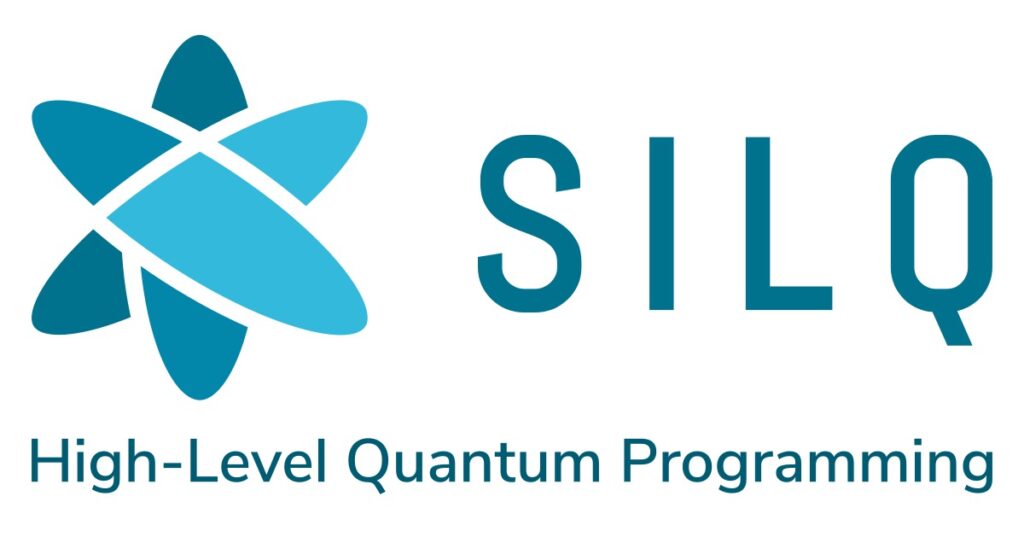
Silq is a high-level programming language for quantum computers developed by researchers at ETH Zurich in Switzerland.
It is designed to be easy to use and to allow programmers to express quantum algorithms in a natural and intuitive way.
It is based on the idea of quantum reactive programming, which allows quantum programs to be written in a way that is similar to how classical programs are written.
Silq Features:
- High-level programming languages
- Ideal for quantum computers
- Easy to use
- Quantum algorithms
- Intuitive design
- Reactive programming
9. Paddle Quantum

Paddle Quantum is an open-source framework for quantum machine learning, developed by Baidu which is a search engine.
It is designed to enable researchers and developers to easily implement and experiment with quantum machine learning models
Here it provides tools for defining quantum circuits, executing quantum operations, and classical post-processing.
Paddle Quantum Features:
- Open source
- Easy to use
- Developed by Baidu
- Develop easily
- Quantum machine learning models
- Quantum circuits
- Post-processing
10. Tequila
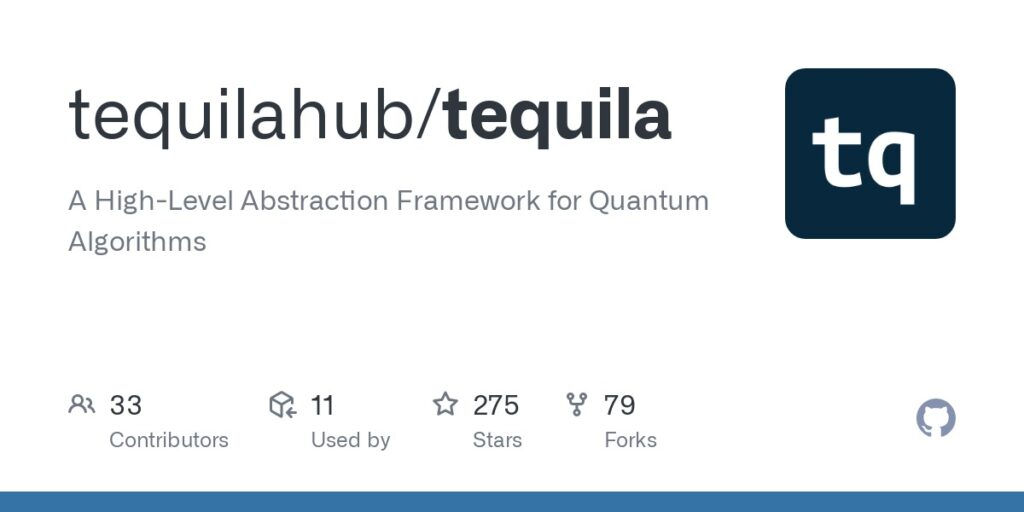
Tequila is an open-source software library for quantum machine learning, developed by Xanadu Inc.
It is designed to make it easy to write and run quantum machine learning algorithms. It includes a collection of tools and libraries for tasks such as defining quantum circuits, optimizing parameters, and evaluating performance.
Here it is built on top of PennyLane, a software library for quantum computing, and it is compatible with a range of quantum hardware platforms, including quantum computers and quantum simulators.
Tequila Features:
- Open source
- Developed by Xanadu Inc
- Easy to write
- Run quantum machines
- Optimize parameters
- Evaluate performance
11. staq
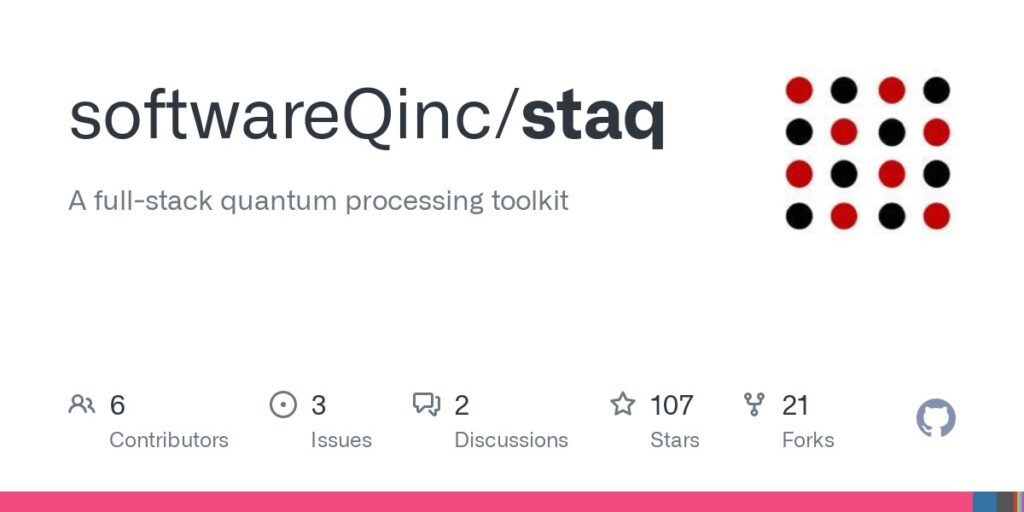
STAQ (Software for Theoretical and experimental Quantum computing) is a software platform for quantum computing and quantum machine learning, developed by the STAQ project at Yale University.
The best part about this quantum computing tool is that it is designed to make it easy for researchers and developers to explore and experiment with quantum algorithms.
It includes tools for defining and optimizing quantum circuits, simulating quantum systems, and running experiments on quantum hardware.
staq Features:
- Quantum computing
- Quantum machine learning
- Easy to use
- Explore and experiment
- Optimize quantum circuits
- Run experiments
12. Microsoft Quantum Development Kit
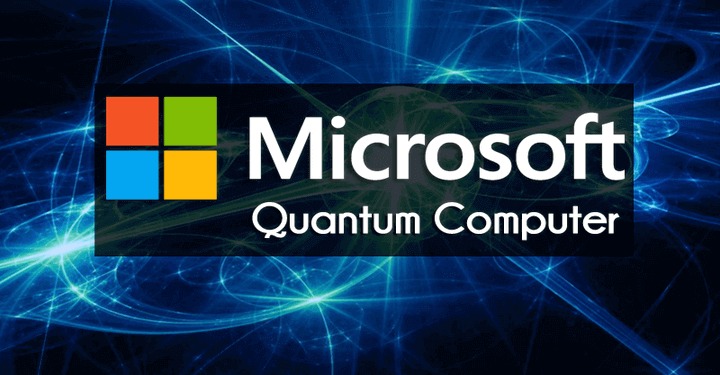
The Microsoft Quantum Development Kit is a software development kit (SDK) for quantum computing, developed by Microsoft.
It includes a programming language for quantum computers called Q# (Q-sharp), as well as libraries, tools, and resources for writing, debugging, and optimizing quantum algorithms.
The Quantum Development Kit is available for download and can be used on Windows, Linux, and macOS operating systems.
Microsoft Quantum Development Kit Features:
- Software development kit
- Ideal for quantum computing
- Uses Q-sharp
- Debugging
- Optimizing quantum algorithms
- Available for download on different devices
13. IBM Quantum Experience
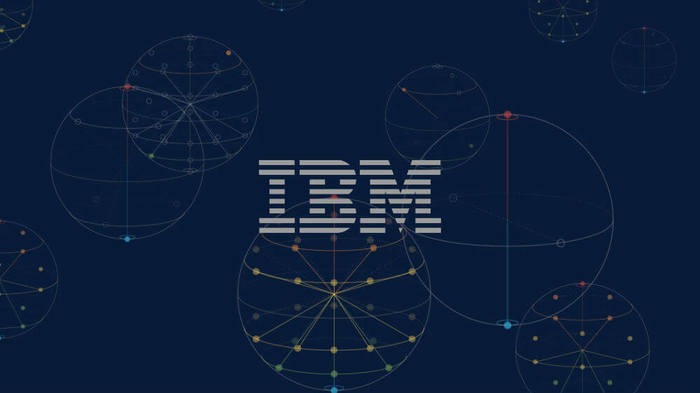
The IBM Quantum Experience is a cloud-based quantum computing platform developed by IBM.
It provides access to a variety of quantum hardware devices, including superconducting quantum processors and quantum simulators, through a web-based interface.
Users can create and run quantum circuits, execute quantum algorithms, and perform experiments on the platform.
It includes a range of tools and resources, including tutorials and documentation, making it super interesting.
IBM Quantum Experience Features:
- Cloud-based
- Easy to use
- Developed by IBM
- Execute quantum algorithms
- Perform experiments
- Tools and resources
- Tutorials to learn
14. Qulacs
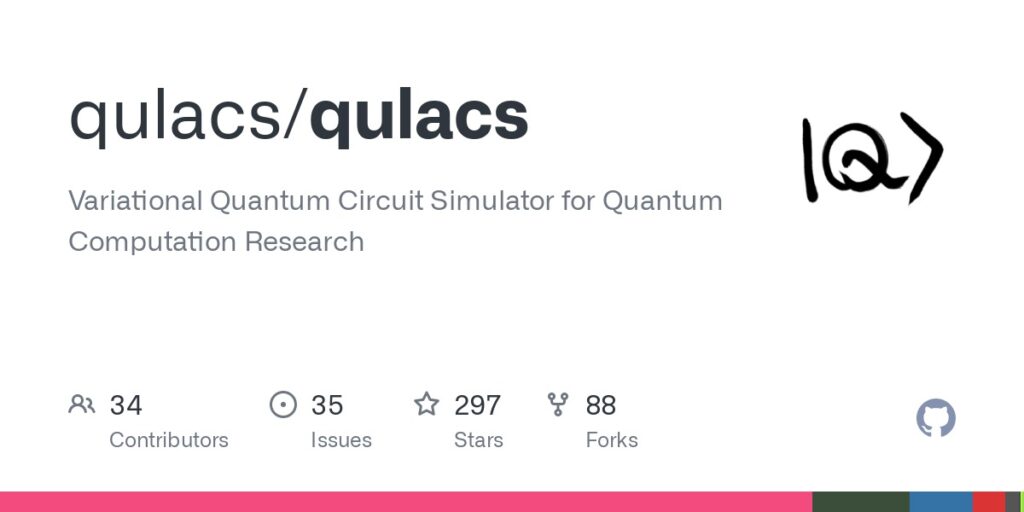
Qulacs (Quantum Circuit Simulator) is an open-source software library for simulating quantum circuits, developed by the University of Tokyo.
It is designed to be fast, accurate, and easy to use, and it includes a range of tools and features for tasks such as defining quantum circuits.
Qulacs is also available for download and can be used on Windows, Linux, and macOS operating systems.
Qulacs Features
- Open source
- Software Library
- Easy to use
- Fast and accurate
- Range of different tools
- Available on different devices
- Ideal for quantum circuits
15. Blueqat

Blueqat is an open-source software library for quantum computing, developed by QCI (Quantum Computing Inc.) in Japan.
It is intended to be used by researchers and developers who want to explore the principles of quantum computing and quantum information processing.
The Quantum Computing Software is designed to be flexible and extensible, with a focus on research and education and it is Python-based software.
Blueqat Features:
- Open source
- Developed in Japan
- Used by researchers
- Explore quantum computing
- Flexible to use
- Focus on research on education
- Python-based software

